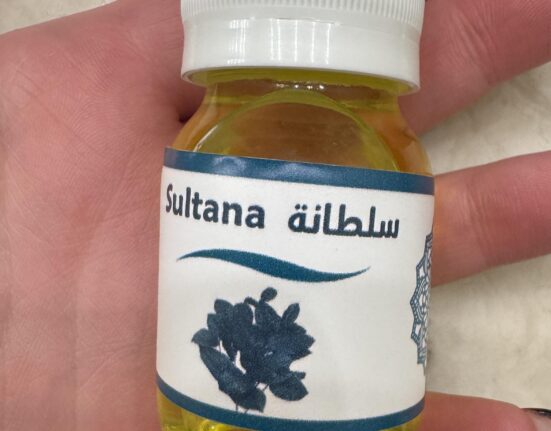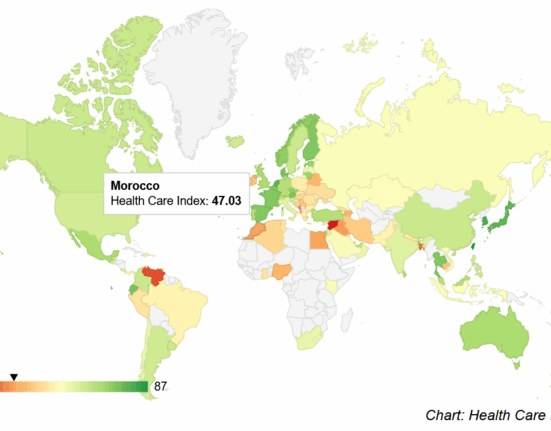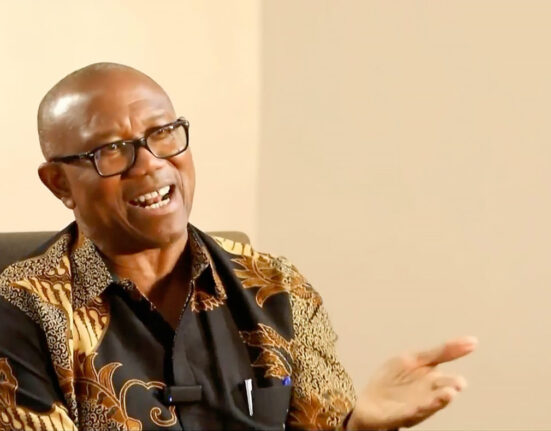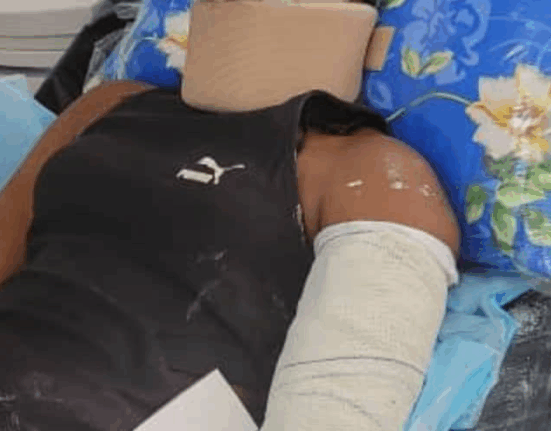For over three decades, the Amhara people have endured a harrowing journey marked by marginalization, displacement, and mass atrocities. The plight of the Amhara community in Ethiopia is a tragic tale of targeted violence and systemic oppression. From the early days of the TPLF regime to the recent drone strikes under Abiy Ahmed’s government, the Amharas have faced relentless persecution that has left scars on both individuals and the community as a whole.
The narrative of the Amharas’ suffering begins with the Bedeno Massacre of 1991, a horrific event where hundreds of Amhara civilians were mercilessly burned alive in deep pits in East Hararghe. This brutal incident, considered one of the earliest ethnically motivated mass killings post-Derg era, set a grim precedent for the atrocities that would follow. Survivors’ accounts and advocacy groups’ documentation paint a chilling picture of genocidal intent lurking behind the massacre, casting a dark shadow over the community.
The era of TPLF rule from 1991 to 2018 was characterized by a systematic campaign of ethnic cleansing and marginalization against the Amharas. The annexation of historical Amhara lands, such as Wolkait and Raya, into Tigray, coupled with dehumanizing rhetoric aimed at excluding Amharas from the national narrative, exemplified the deep-rooted discrimination faced by the community. Mass displacement, census erasure, and cultural repression further underscored the targeted nature of these policies, with over 2 million Amharas mysteriously missing from official records—a stark reminder of the deliberate erasure of their presence.
Amidst these atrocities, reports emerged of reproductive suppression tactics employed against Amhara women, including undisclosed contraceptive injections and sterilization campaigns. These coercive practices, tantamount to genocide under the UN Genocide Convention, aimed to stifle the growth of the Amhara population, perpetuating the cycle of oppression and trauma inflicted upon the community.
The Mai Kadra Massacre in 2020 during the early stages of the Tigray War stands as a stark reminder of the brutality faced by the Amharas. Pro-TPLF militias and security forces carried out a heinous massacre in Mai Kadra, where hundreds of Amhara civilians fell victim to machetes and knives. The scale of the violence, confirmed by international human rights organizations, shed light on the widespread and systematic nature of the attack, leaving a scar on the collective memory of the Amhara people.
The state-enabled Gumuz militia massacres in Benishangul-Gumuz region added another dark chapter to the Amharas’ suffering. Backed by local and federal forces, extremist Gumuz militias unleashed a wave of ethnic cleansing campaigns against the Amharas, characterized by killings, village shelling, and mass displacements. The reports of mass graves, drone attacks, and extrajudicial executions echoed international definitions of genocide, highlighting the urgent need for intervention to protect the vulnerable community.
The aftermath of Hachalu Hundesa’s assassination in 2020 witnessed a surge in intercommunal violence that disproportionately targeted Amharas. From being hunted and tortured to facing displacement and killings, Amhara civilians bore the brunt of the ensuing chaos, underscoring the vulnerability of the community in times of unrest. The EHRC’s investigative report further exposed the scale of violence inflicted upon the Amharas, emphasizing the urgent need for justice and protection for the affected population.
The Wollega Massacres spanning from 2020 to 2022 painted a grim picture of relentless violence against Amhara civilians in West and East Wollega. Whether targeted by state-sponsored armed groups or Oromo Liberation Army militants, the Amharas faced repeated waves of brutality, resulting in hundreds of deaths and widespread displacement. The accounts of targeted killings, including those of religious leaders, women, and children, underscored the urgent need for international attention and intervention to prevent further bloodshed and protect the vulnerable population.
The recent drone strikes in Amhara regions under Abiy Ahmed’s government have further exacerbated the plight of the Amharas, leading to civilian casualties and escalating the cycle of violence and trauma. The use of aerial warfare in populated areas has posed a grave threat to innocent lives, highlighting the urgent need for accountability and justice to address the ongoing humanitarian crisis faced by the Amhara community.
The genocide against the Amharas in Ethiopia is a dark chapter in the country’s history, marked by unspeakable atrocities and systematic oppression. The stories of survival, resilience, and collective trauma within the Amhara community serve as a stark reminder of the urgent need for justice, accountability, and international intervention to end the cycle of violence and protect the rights and dignity of all Ethiopians. Only through collective action and unwavering solidarity can the wounds of the past be healed, and a brighter future be forged for all who call Ethiopia home.









Leave feedback about this